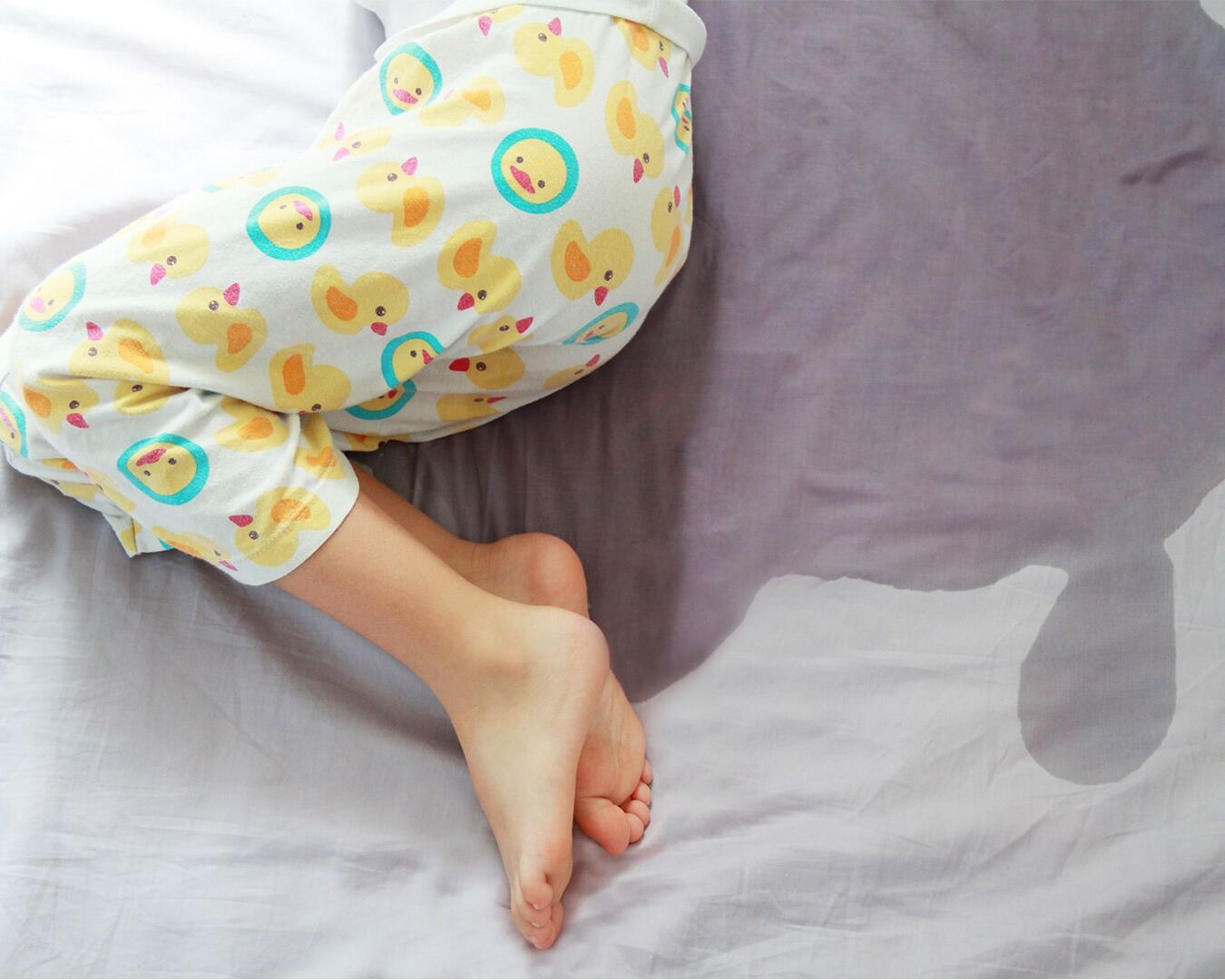
Enuresis, commonly known as bedwetting, is a condition that affects many children and even some adults. Did you know that it’s more common than you might think? This blog post will share 50 facts about enuresis to help you understand it better. From causes and types to treatments and myths, we’ll cover everything you need to know. Whether you’re a parent dealing with a child’s bedwetting or an adult experiencing it yourself, this information can be incredibly useful. Stay tuned to learn surprising details and practical tips that can make a real difference in managing enuresis.
Key Takeaways:
- Bedwetting, or enuresis, is common in children and can be caused by factors like deep sleep, small bladder capacity, and genetics. Understanding the causes can help find the right treatment.
- Coping with enuresis involves using waterproof mattress covers, open communication, and avoiding punishment. Support and patience are crucial for managing this condition effectively.
What is Enuresis?
Enuresis, commonly known as bedwetting, is a condition where a person, typically a child, involuntarily urinates during sleep. This can be a stressful experience for both the child and their family. Understanding enuresis can help manage and treat it effectively.
- Enuresis is more common in boys than girls.
- It affects about 15% of children at age 5.
- By age 10, around 5% of children still experience enuresis.
- Only 1-2% of teenagers continue to have this issue.
- Enuresis can be classified as primary or secondary.
- Primary enuresis means the child has never been dry at night.
- Secondary enuresis occurs after a period of dryness.
- Genetics play a significant role in enuresis.
- If both parents wet the bed, their child has a 77% chance of doing so.
- If one parent wet the bed, the chance drops to 44%.
Causes of Enuresis
Understanding the causes can help in finding the right treatment. Several factors contribute to enuresis, ranging from physical to psychological.
- Deep sleep can make it harder for children to wake up to urinate.
- A small bladder capacity can contribute to bedwetting.
- Hormonal factors, like low levels of antidiuretic hormone (ADH), can be a cause.
- Urinary tract infections (UTIs) can lead to temporary enuresis.
- Chronic constipation can put pressure on the bladder.
- Stress and anxiety are known triggers.
- Attention-deficit/hyperactivity disorder (ADHD) is linked to higher enuresis rates.
- Diabetes can cause increased urine production.
- Sleep apnea may contribute to bedwetting.
- Certain medications can have side effects that include enuresis.
Symptoms and Diagnosis
Recognizing the symptoms and getting a proper diagnosis is crucial for effective treatment. Here are some key points to consider.
- Wetting the bed at least twice a week for three months is a common diagnostic criterion.
- Daytime wetting can also be a symptom.
- Frequent urination or urgency during the day may indicate enuresis.
- Painful urination could signal an underlying issue.
- A physical exam is often the first step in diagnosis.
- Doctors may ask for a urine sample to rule out infections.
- Keeping a bladder diary can help track patterns.
- Family history is considered during diagnosis.
- Psychological evaluation may be necessary for some cases.
- Imaging tests like ultrasounds are rarely needed but can be useful.
Treatment Options
Various treatments are available, ranging from behavioral strategies to medications. The right approach depends on the individual case.
- Bedwetting alarms are effective for many children.
- Limiting fluid intake before bedtime can help.
- Regular bathroom breaks during the day are beneficial.
- Bladder training exercises can increase capacity.
- Desmopressin is a medication that reduces urine production.
- Anticholinergic drugs can help relax the bladder.
- Cognitive-behavioral therapy (CBT) can address underlying anxiety.
- Positive reinforcement encourages dry nights.
- Avoiding caffeine and sugary drinks is recommended.
- In severe cases, a combination of treatments may be necessary.
Coping and Support
Living with enuresis can be challenging, but support and understanding can make a big difference. Here are some ways to cope.
- Using waterproof mattress covers can protect bedding.
- Encouraging a child to help with clean-up fosters responsibility.
- Open communication about the condition reduces stigma.
- Support groups can provide emotional relief.
- Educating family members helps create a supportive environment.
- Setting a bedtime routine can improve sleep quality.
- Avoiding punishment for bedwetting is crucial.
- Praising dry nights boosts confidence.
- Consulting a pediatrician for ongoing issues is important.
- Patience and understanding are key to managing enuresis effectively.
Final Thoughts on Enuresis
Enuresis, commonly known as bedwetting, affects many children and even some adults. Understanding the causes, which range from genetics to deep sleep patterns, can help in managing this condition. Treatments vary from lifestyle changes to medical interventions, offering hope for those affected. Remember, patience and support are crucial for anyone dealing with enuresis. It's not just a phase but a condition that requires attention and care. With the right approach, most people can overcome it and lead a normal life. If you or someone you know struggles with enuresis, don't hesitate to seek professional advice. Early intervention can make a significant difference. Stay informed, stay supportive, and remember that enuresis is manageable with the right strategies.
Frequently Asked Questions
Was this page helpful?
Our commitment to delivering trustworthy and engaging content is at the heart of what we do. Each fact on our site is contributed by real users like you, bringing a wealth of diverse insights and information. To ensure the highest standards of accuracy and reliability, our dedicated editors meticulously review each submission. This process guarantees that the facts we share are not only fascinating but also credible. Trust in our commitment to quality and authenticity as you explore and learn with us.


